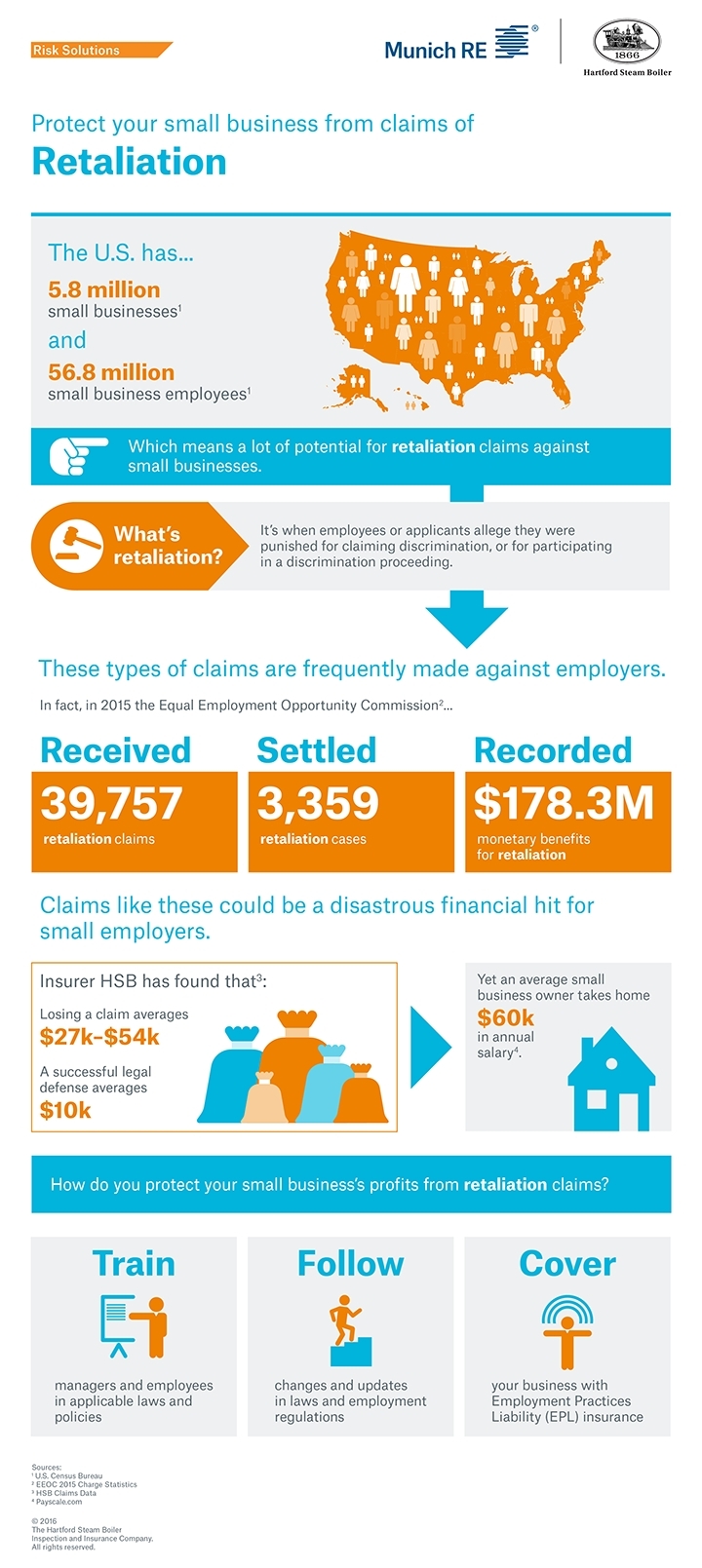Smart Move: Providing Good Customer Service
As a small-business owner, excellent service is a necessity to attract and retain customers. Businesses that are not able to keep up with the changing demands of today’s consumers will struggle to stay competitive. The experiences that individuals have with a company, or what they may hear from friends and family, influence their perception of a company and their likelihood to buy.
To ensure your customers have a positive experience, Matthew Owenby, senior vice president and chief human resources officer at Aflac below offers a few things to keep in mind:
First impressions matter: A customer’s experience starts with the first impression, whether it is in person, at a brick-and-mortar store, over the phone, through email or in a chat room. No matter how this interaction takes place, it is important that employees are friendly, open to helping with the situation or issue the customer is facing, and educated about the business they represent.
To help foster great first impressions, consider creating a formal introduction training for all employees as well as ongoing training opportunities. Communicating your business’s values and core competencies from the start will give employees the confidence and understanding to address customer service interactions in the most appropriate way. There is only a small time frame to make a first impression, so it’s important to use that time wisely.
Ask for customer feedback; Asking for feedback is essential to improving a company’s customer service because it provides tangible data and insight into whether a product or service meets customers’ expectations. Feedback can be conducted in various ways, including online surveys, one-on-one follow-up interviews or through your company’s website. In addition, using rating-based questions in feedback surveys will help you track and monitor how happy, or unhappy, your customers are over time.
Creating a positive and memorable customer experience is based on knowing what your customers want and need, and the best way to gather that information is by simply asking your customers for feedback. Having insight directly from those using your products or services will help you deliver experiences that will set you apart from competitors and ultimately build customer loyalty.
Enhance your services: Although many small-business owners strive to provide easy and efficient experiences with their company, some things can be confusing based on the nature of the business. To ensure customers can purchase your products or use your services at ease, work to streamline purchasing processes and offer services that help make customer interactions fast and hassle free. This can include a customer portal, virtual chat rooms and a dedicated customer service telephone line. This will help your customers save time and money as well as decrease the odds of hitting roadblocks that can leave them unsatisfied with their experience at your company.
An increased demand for better customer service from insurance companies has led many businesses to strive for superior customer service centers. Some companies such as Aflac have even taken steps to become certified for customer service excellence by J.D. Power, which requires passing a detailed audit of more than 100 practices, including recruiting, training, employee incentives, management roles and responsibilities, and quality assurance capabilities. Look for companies with certifications such as this, which demonstrate that they take customer service as seriously as you do.
Increase customer satisfaction by focusing on customer service: Offering second-to-none customer service can help enhance any small business’s benefits as well as improve customer retention and loyalty. By implementing the tips above, your customers will see that you are dedicated to providing top-notch, proactive customer service.
Matthew Owenby has 15 years of experience in the financial services/HR industry and is Aflac’s senior vice president of Human Resources. He is responsible for the strategy and implementation of all aspects of human resource management for Aflac’s more than 9,500 employees.




